Basra, Iraq’s second-largest, and southernmost city, is home to some 2.9 million Iraqis. This official figure is an understatement according to those on the ground. Many thousands of workers from the surrounding rural area have moved into the city seeking jobs in the oil industry, making concrete numbers almost impossible to verify.
Despite the presence of major oil companies in Basra, the city’s high unemployment rate persists, driving Iraqis seeking a decent living to look into other public and private sectors. The need for improved health, educational, and public services has been ignored. In a clear sign of disenchantment, the “Tishreen Movement” protests took to the streets in 2019.
Oil pollution in Basra poses a significant threat to residents. The city’s oil extraction and refining processes result in elevated oil emissions, which contribute to growing rates of cancer.
“Cancer walks with us”
In Nahran Omar, a village 15km north of Basra, the oil industry’s impact on residents is profound. The New Region visited the area where Iraqis are paying the price of living close to oil fields. Among them is Raghad Kareem, 44, who is fighting colon cancer.
As Kareem stands defiant, billowing plumes of black smoke choke the sky behind him, a stark reminder of the silent threat that has plagued his village for years.
“This,” he says, pointing towards the smoke, “is what we have been breathing for years. It’s a crisis – cancers of all kinds, respiratory illnesses that steal your breath – and it’s ravaged our people. Now, it’s claimed me too.
“In 2007, my brother died of cancer, and today, I am battling the disease, which makes my life extremely difficult.”
Kareem’s obstacles extend beyond his sickness; he struggles to afford the medical care and expensive chemotherapy treatment.
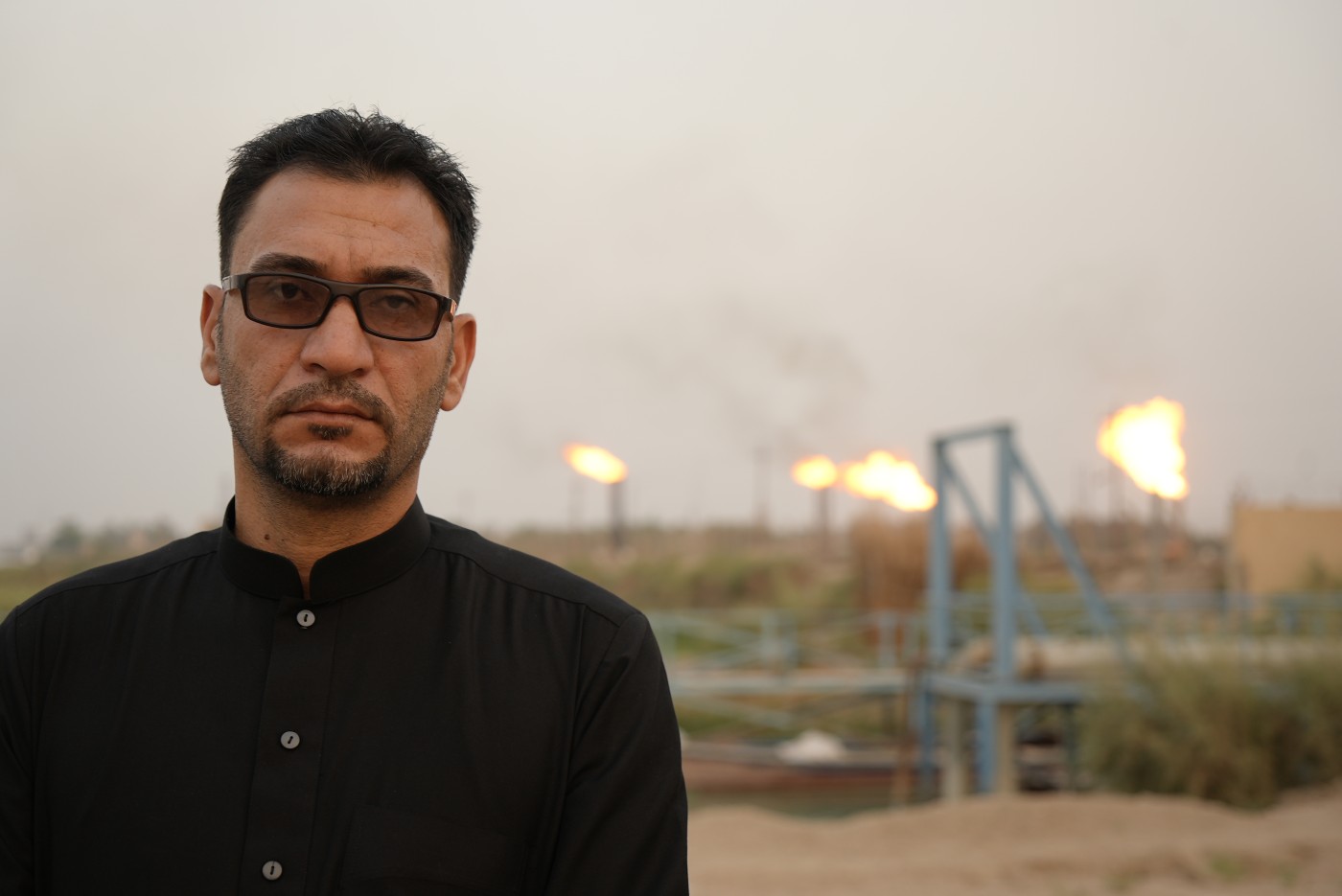 Raghad Kareem, 44, resident of Nahran Omar suffering from colon cancer. (Photo by Azhar Al-Rubaie)
Raghad Kareem, 44, resident of Nahran Omar suffering from colon cancer. (Photo by Azhar Al-Rubaie)
Kareem’s life changed when he was diagnosed with colon cancer. He flew to Lebanon in search of treatment that was not offered in his home country. With no government or charitable assistance, he was solely responsible for financing his treatment.
Taking on debt and with assistance from friends he was able to undergo surgery to remove the tumor. However, the odds of the cancer recurring are high. Continued medicine and follow-up tests are required for full recovery, but the cost of the surgery drained his resources. The situation has put Kareem and his family under a great deal of stress.
“Many people I know who live in Nahran Omar are afraid to visit doctors in fear of being told they have cancer. Truly, this is a psychological battle that everyone here experiences on a daily basis. I can say that cancer in our neighborhood is like the flu, shockingly widespread”, he says.
According to World Meter, Iraq holds approximately 143 billion barrels of proven oil reserves as of 2016, ranking it 5th in the world. This accounts for about 8.7% of the world’s total oil reserves.
The risk from oil flares is not limited to the Nahran Omar area; pollution also affects other communities around Basra, particularly Rumaila, which has one of the world’s largest oil fields.
Beyond price: A father’s loss
In April last year, Ali Hussein Julood, a young man from Basra, lost his battle with leukemia at age 21. Ali’s family, who live near a large BP oil field in Rumaila, believes that the constant gas flaring contributed to his illness and eventual death.
Ali was diagnosed with the disease at the age of 15, and his treatment included several rounds of chemotherapy, a bone marrow transplant, and radiotherapy both inside and outside of Iraq.
Ali was a skilled footballer and dreamed of becoming a professional player. He owned a small mobile phone and accessories shop in his village.
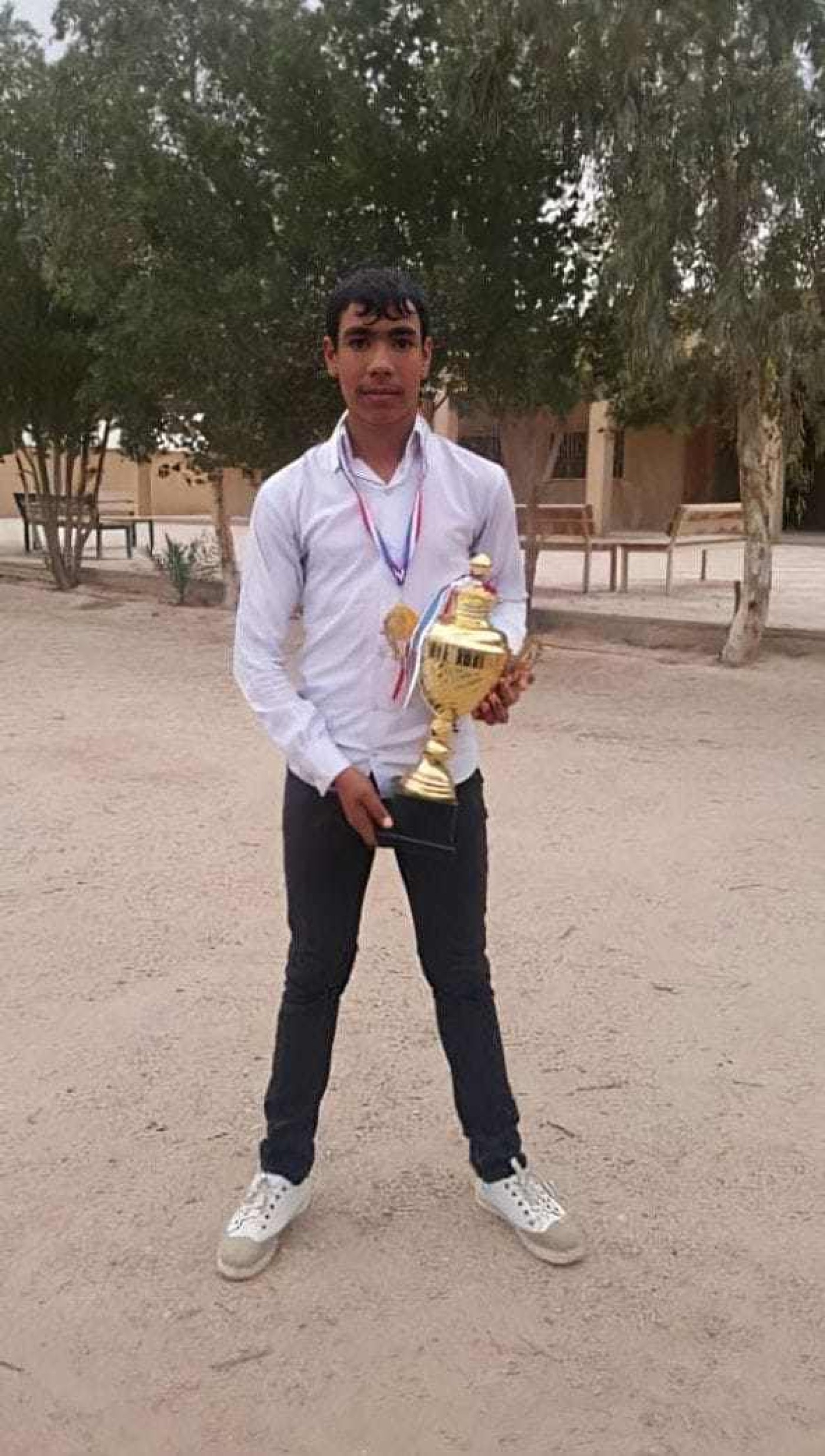 Ali holds his football excellence cup. (Photo courtesy: Ali’s father)
Ali holds his football excellence cup. (Photo courtesy: Ali’s father)
Ali’s father, Mr. Hussein Julood, is now threatening to take BP to court in connection with his son’s death.
“The loss of my son Ali is irreplaceable. Money cannot bring him back, but his treatment incurred a significant financial cost. I sold my wife's jewelry, borrowed heavily, and even sold furniture to pay for treatment both in and out of Iraq,” Julood, who is in his 50s, tells The New Region.
“I spent over 180 million Iraqi dinars [roughly US$137000] on Ali’s treatment, but sadly, I was unable to save him.” He says, “Dozens, possibly even hundreds, in the Rumaila region are sick or have died as a result of toxic gas emissions.”
Gas flaring, a common practice during oil extraction, is the burning of excess gas. This process releases significant amounts of carbon dioxide, methane, and black soot, posing risks to both health and the environment.
“BP and the government did not get in touch with me after this problem was revealed in the BBC film,” says Julood.
The Rumaila oil field, with a daily extraction of 1.5 million barrels, is the world’s third most productive. Nestled in southern Iraq, 50km west of Basra, Rumaila provides one third of the nation’s oil supply, making it the lifeblood of the country’s economy.
The Ali family and other residents of Rumaila were exposed to gas flaring less than 2,000 meters from their homes. This is in blatant opposition to Iraqi law, which stipulates that residential areas and flaring sites must be at least 10km apart.
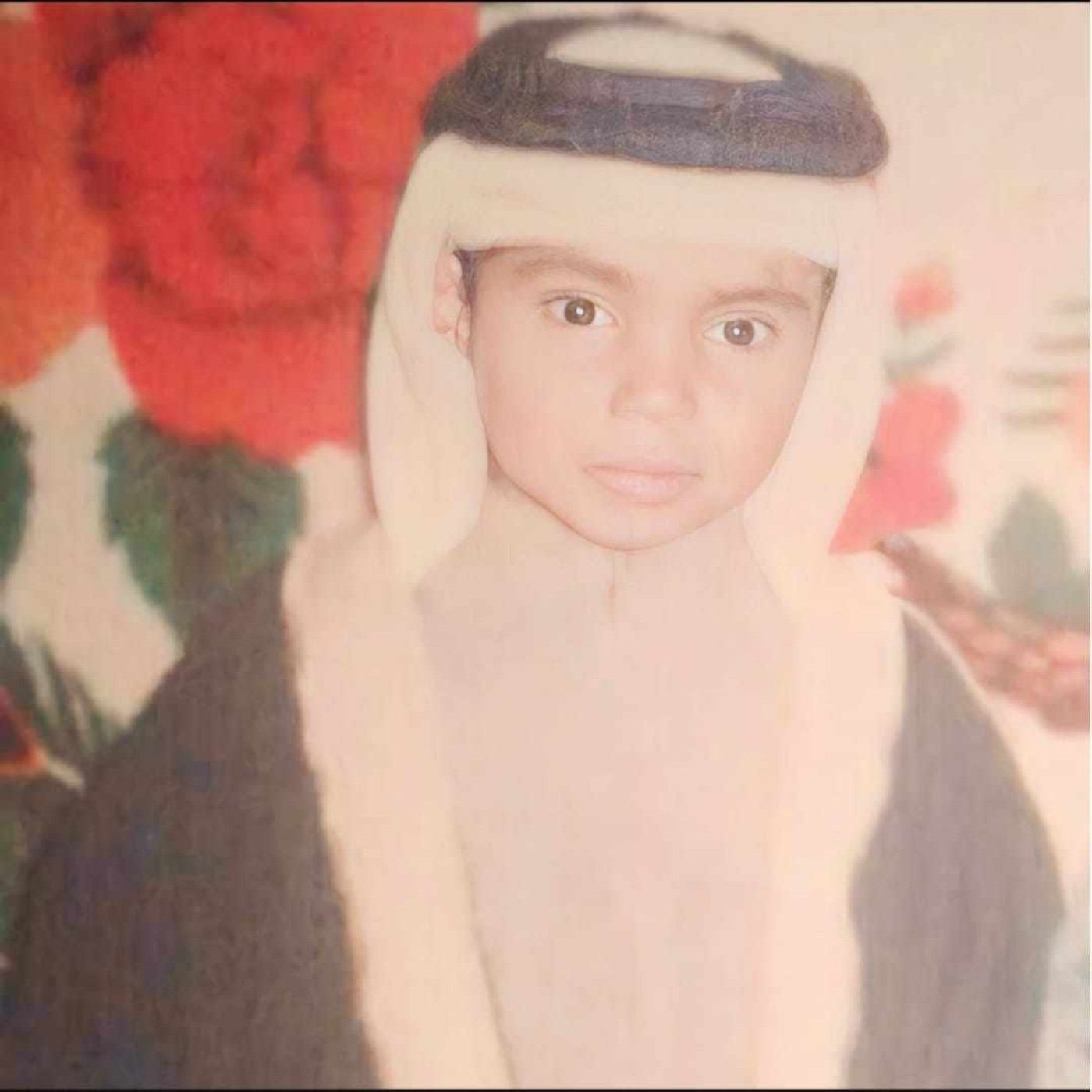 Ali as a child. (Photo courtesy: Ali’s father)
Ali as a child. (Photo courtesy: Ali’s father)
“My family lives in Rumaila, where there was little oil production before the arrival of BP. But since it [BP] started operating, production has increased dramatically. Regrettably, this development has coincided with an increase in toxic gas emissions, which are thought to be connected to the many diseases afflicting the region, including the cancer that killed my son.” Julood says.
Ali’s father encounters dangerous gaseous pollution and oil flaring on a daily basis.
“Every morning on my way to prayer, I can smell the deadly gas and see thick clouds of black smoke in the sky. My family and my health are constantly in jeopardy. I lost Ali and I am worried about the rest of my family,” he adds.
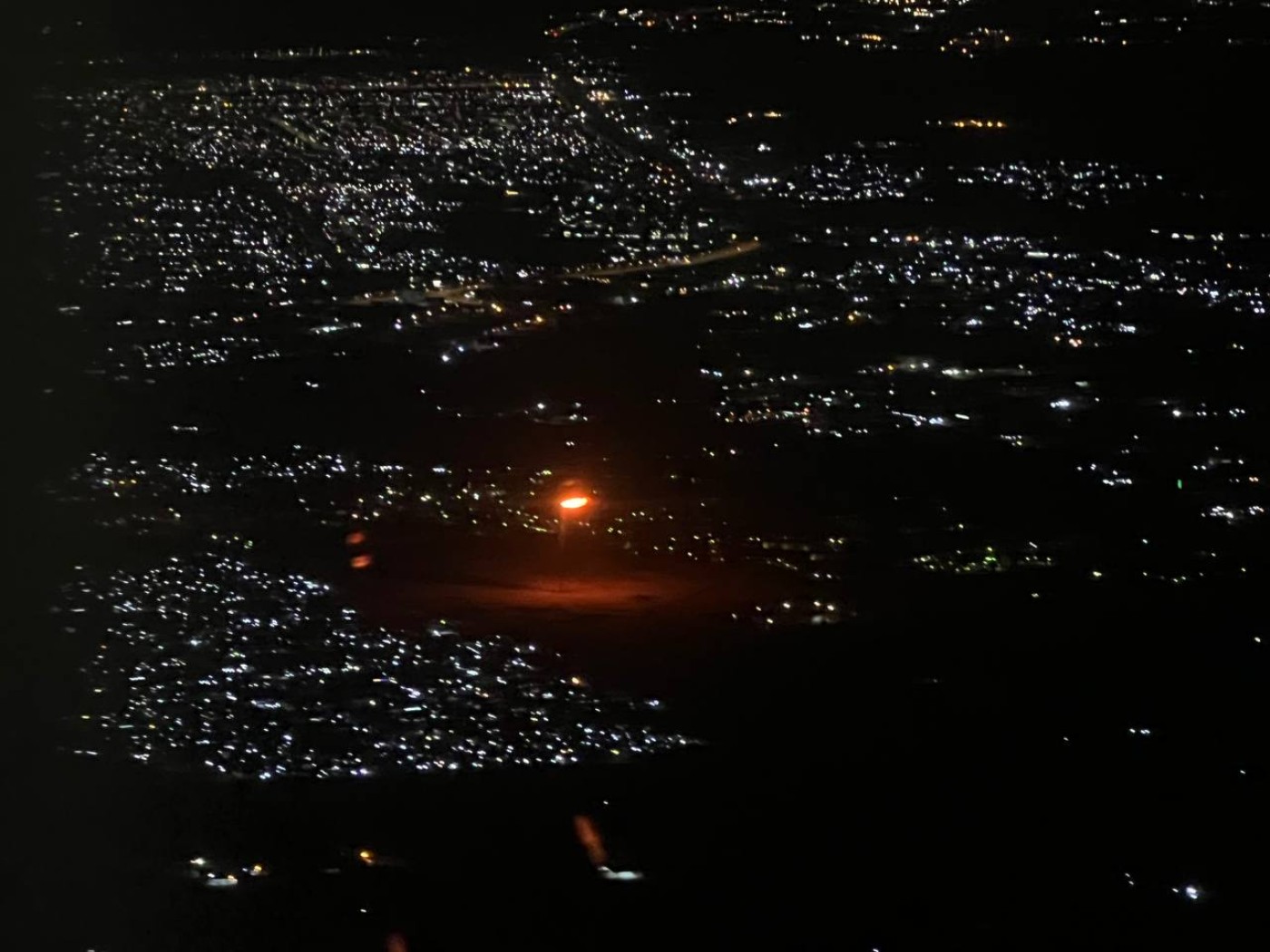 Aerial image showing an oil flare from one of the fields in Basra Governorate, with nearby residential areas visible. (Photo by Azhar Al-Rubaie)
Aerial image showing an oil flare from one of the fields in Basra Governorate, with nearby residential areas visible. (Photo by Azhar Al-Rubaie)
“I propose building a specialized cancer hospital in Rumaila and relocating the inhabitants to safer districts. Everyone should undergo screening to ensure their health. My neighbor, an adult man, was diagnosed with cancer a few days ago. As a result, immediate action is required.” He continues, “We need treatment for the sick and compensation for people in Rumaila and other oil-producing localities who have lost loved ones, or who have cancer themselves.”
BBC Team: Through the pollution and burning temperature
A BBC crew braved burning heat and hazardous chemicals to film the documentary "Under Poisoned Skies," which demonstrated the frequent practice of foreign oil firms, notably BP, of burning off excess gas near residential areas.
According to the film, the oil extraction procedure releases many carcinogens, which are linked to an alarming surge in leukemia, particularly among young people.
Following an investigation by the BBC, dangerously high concentrations of the known carcinogen benzene were discovered in the air, much above acceptable limits. Remarkably, urine tests from children who live close to the flares showed that 70% of the children had high levels of naphthalene.
Owen Pinnell, producer of Under Poisoned Skies shares the film’s findings with The New Region. “The film uncovered the role of international oil companies including BP in burning toxic gas just hundreds of meters from where people live in Iraq. Our journalism raises tough questions and holds both the companies and the Iraqi government to account for rampant gas flaring, which has severe environmental and health consequences.”
Pinnell explains, “International oil companies and the Iraqi government do not publish data on the levels of toxic chemicals released by gas flaring. So, we carried out tests and found there are high levels of carcinogenic chemicals in the air and in urine samples of children living nearby.”
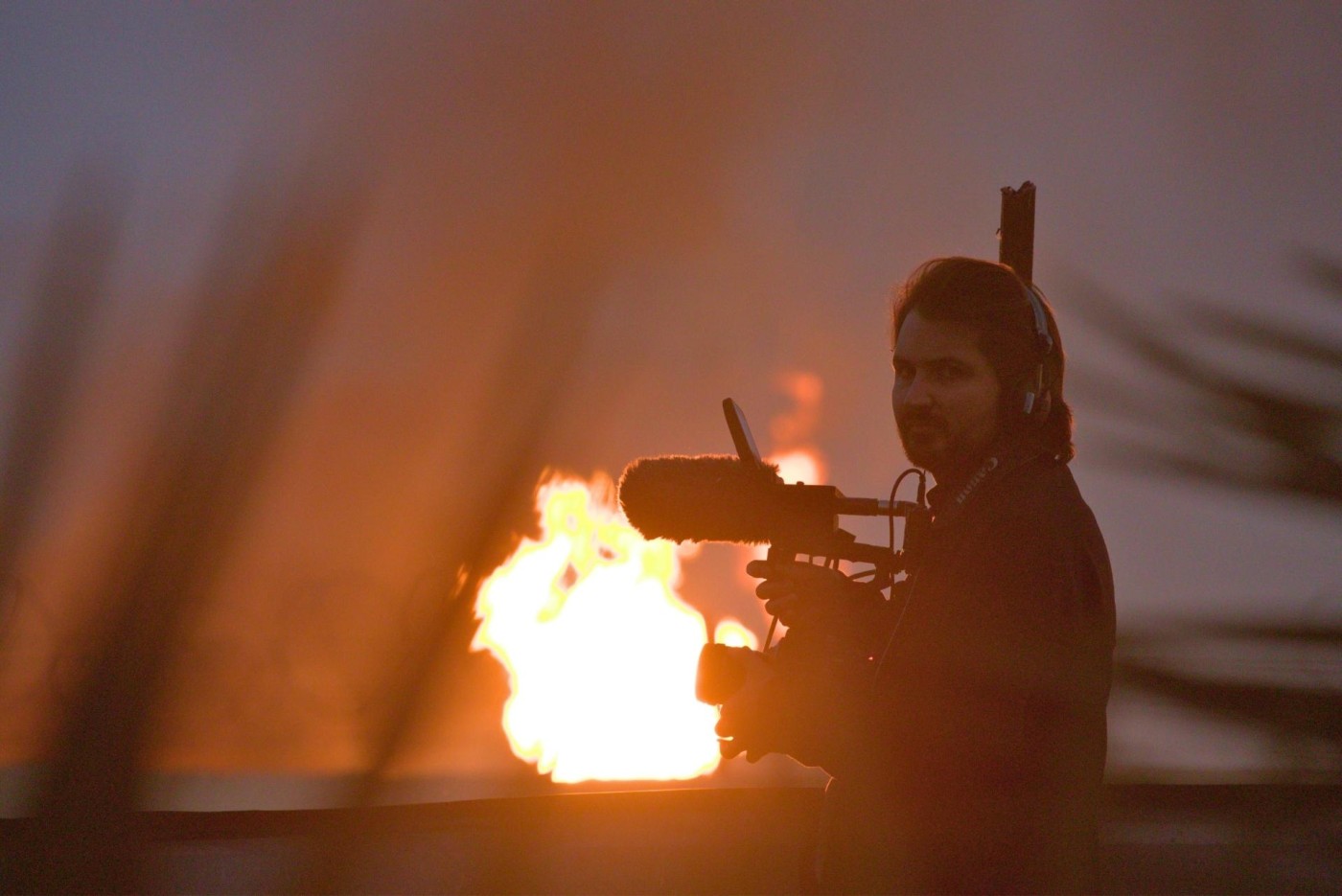 Owen Pinnell in the field while filming “Under Poisoned Skies” in Basra province / photo credit: BBC/ Hussein Faleh Raheem
Owen Pinnell in the field while filming “Under Poisoned Skies” in Basra province / photo credit: BBC/ Hussein Faleh Raheem
The BBC’s film highlights a critical environmental issue: gas flaring is not only avoidable and wasteful but also preventable with proper investment from both corporations and governments.
“We reported on the fact that Ali’s family have begun a legal case against BP over gas flaring in Iraq, and are using some of the evidence presented in the film as the basis for this." Pinnell adds.
“It was challenging filming in communities nearby the flares, as we were badly exposed to the pollution. On one occasion, the wind was blowing smoke from the gas flares towards us. Our handheld pollution monitor flashed a warning of dangerous benzene levels, but it was obvious from the smell in the air that breathing was not safe. Luckily for us, we were able to leave the area, but the families living there are stuck breathing this toxic air day in, day out.”
Pinnell says that pollution is just one part of the problem. “Our first filming trip to Basra was in August, when the temperatures regularly exceeded 50 degrees. It was very difficult for the director Jess Kelly and I to film in this extreme heat, as our cameras frequently stopped working due to overheating. This brought home the challenges that Iraq is facing as a whole, as one of the most climate vulnerable countries in the world.”
He adds, “In all the areas where we carried out pollution monitoring, we found high concentrations of the carcinogen benzene, up to 9.7 micrograms per cubic meter. It is worth remembering that this is an average over two weeks, so on some days the benzene levels may have been much higher.”
Professor Frank Kelly, a world-renowned air pollution expert, emphasized to the BBC team that the World Health Organization (WHO) considers the “safe” level of benzene to be zero. The results obtained from Iraq were deemed “alarming” in terms of their impact on people’s health.
Chemical traces found in urine
“For the urine samples, we looked at a different carcinogenic chemical, naphthalene. The results showed that 70% of the children we took samples from had high levels of naphthalene in their urine, indicating a higher chance of abnormalities that can lead to cancer,” Pinnell says.
He further laments, “Ali’s story became a crucial part of our film as his video diaries gave us an intimate glimpse into life in Rumaila, a town inside the boundaries of Iraq’s biggest oil field that is off-limits to journalists.”
The New Region contacted Wessen Jazrawi, Partner at Hausfeld & Co. LLP, Mr. Julood's lawyers, who stated that “The impact of gas flaring on the environment and on the health of local communities in Iraq is shocking. This claim against BP should be a wake-up call: such companies should fulfill their obligations, compensate those who have suffered, and take meaningful steps to reduce and eliminate ongoing and future harms arising from their operations.”
The New Region contacted BP via official email for response, but the questions remained unanswered as of the time of publishing.
Despite Iraq’s wealth and abundant resources, its healthcare system faces significant challenges. Lack of medicines and basic healthcare in the state health sector have led many Iraqis to seek treatment abroad. This situation is particularly dire given the high unemployment rates and economic hardship faced by millions of Iraqis.

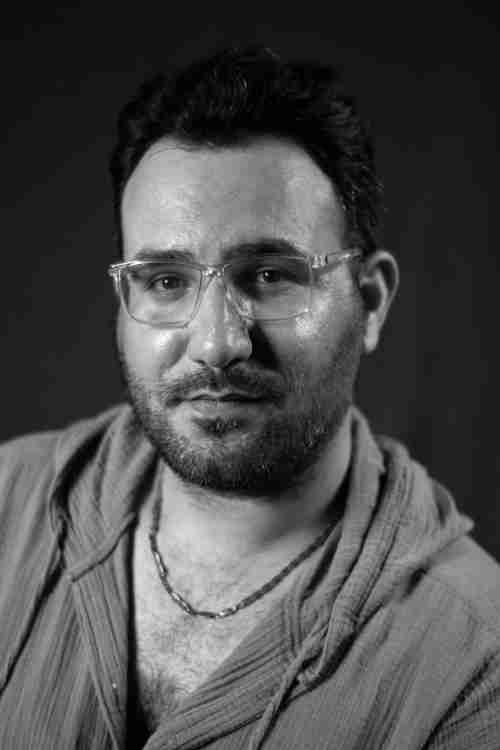
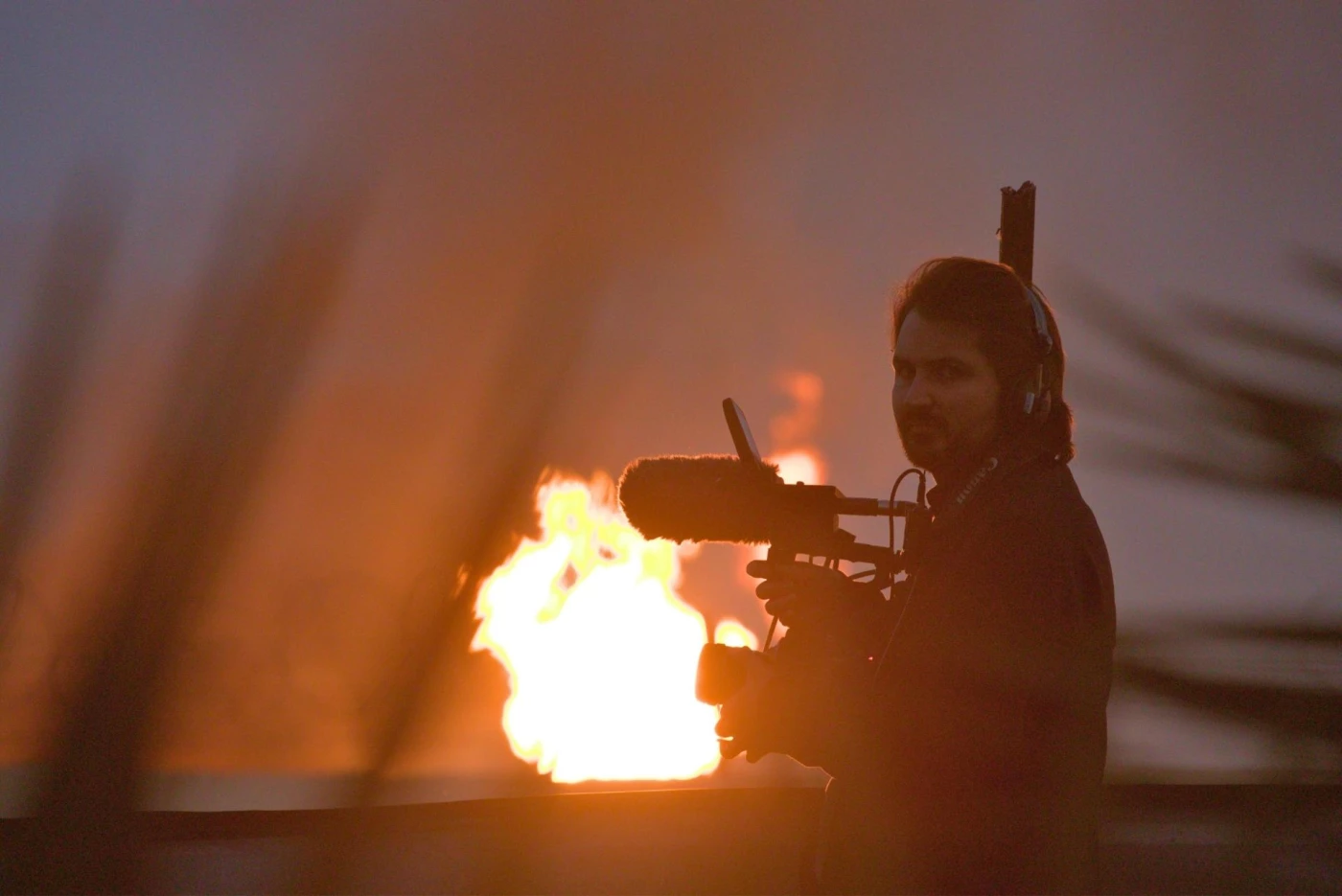
 Facebook
Facebook
 LinkedIn
LinkedIn
 Telegram
Telegram
 X
X


